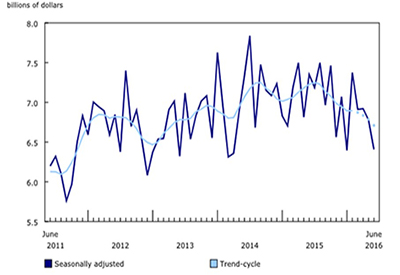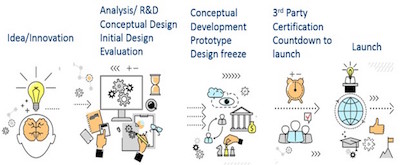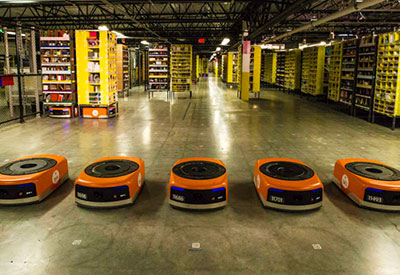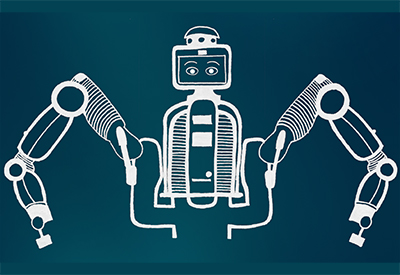61% of Cybersecurity Professionals Plan AI Adoption as Manufacturing Faces Growing Cyber Risks

August 13, 2025
Rockwell Automation, Inc. has recently released the cybersecurity findings from its 10th annual “State of Smart Manufacturing Report.” Drawing insights from more than 1,500 manufacturing leaders across 17 of the top manufacturing countries, the report reflects how cybersecurity is becoming a central business issue. One third of respondents have direct information technology (IT) and operational technology (OT) cybersecurity responsibilities.
As manufacturers advance smart operations, the integration between IT and OT increases the risk of cyberattacks. The report shows that manufacturers are beginning to use artificial intelligence (AI) to help manage these risks to strengthen protection.
“Cybersecurity is no longer just a technology issue — it’s a boardroom issue,” said Stephen Ford, vice president and chief information security officer at Rockwell Automation. “As IT and OT become more connected, the attack surface is expanding. Our latest research confirms what we’re seeing firsthand: Cyber risk is now one of the top threats to manufacturing growth. You can’t protect tomorrow’s enterprise with yesterday’s tools. AI is a critical part of the modern security stack, enabling manufacturers to detect threats in real time, maintain productivity, and stay ahead in an increasingly aggressive threat landscape.”
Key global cybersecurity findings include:
- Cyber threats are among the most serious external risks. Cybersecurity (30%) now ranks among the top external risks, second only to inflation and economic growth (34%).
- Security teams accelerate AI adoption. 61% of cybersecurity and IT professionals plan AI and machine learning (ML) adoption for security in the next 12 months, outpacing general manufacturing by 12 percentage points.
- Cybersecurity tops smart manufacturing use cases. 38% of manufacturers plan to use data collected from current sources to drive protection.
- IT/OT security takes center stage. 48% of cybersecurity professionals identified securing converging architecture as a key to positive outcomes over the next five years, compared to just 37% on average.
- Cyber readiness is a growing talent priority. More than half (53%) of respondents from companies of $30 billion or more identified cybersecurity practices and standards as extremely important skill sets, compared to 47% of all respondents.
Workforce development continues to be a major hurdle. A shortage of skilled talent, training challenges and rising labor costs remain significant barriers to competition. As manufacturers recruit the next generation, cybersecurity and analytical skills are also becoming hiring priorities, reinforcing the need to align technical innovation with human development.
“Cybersecurity has become a business enabler,” said Ford. “It’s no longer just about preventing threats, it’s about empowering transformation with confidence. The most forward-thinking manufacturers are proactively leveraging advanced technologies like AI to stay ahead of evolving risks.”
The full findings of the report can be found here.











